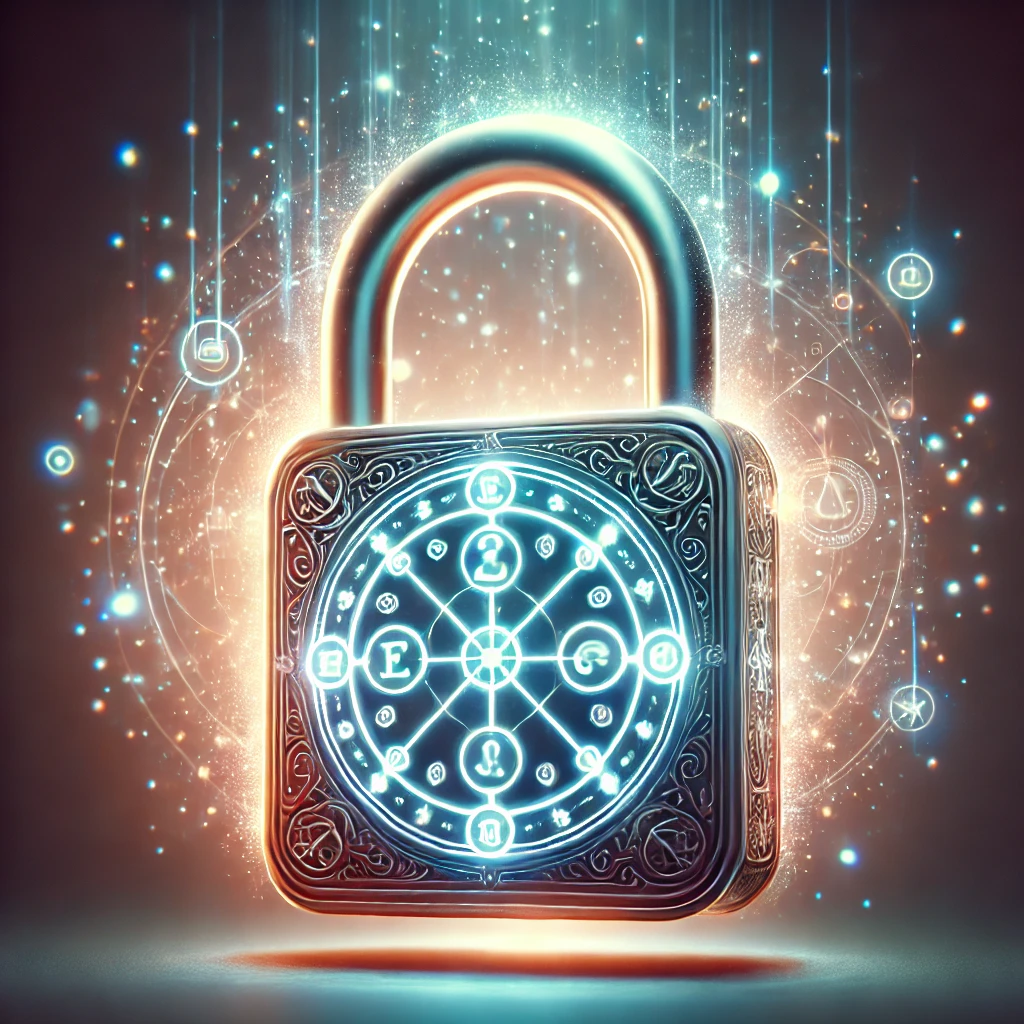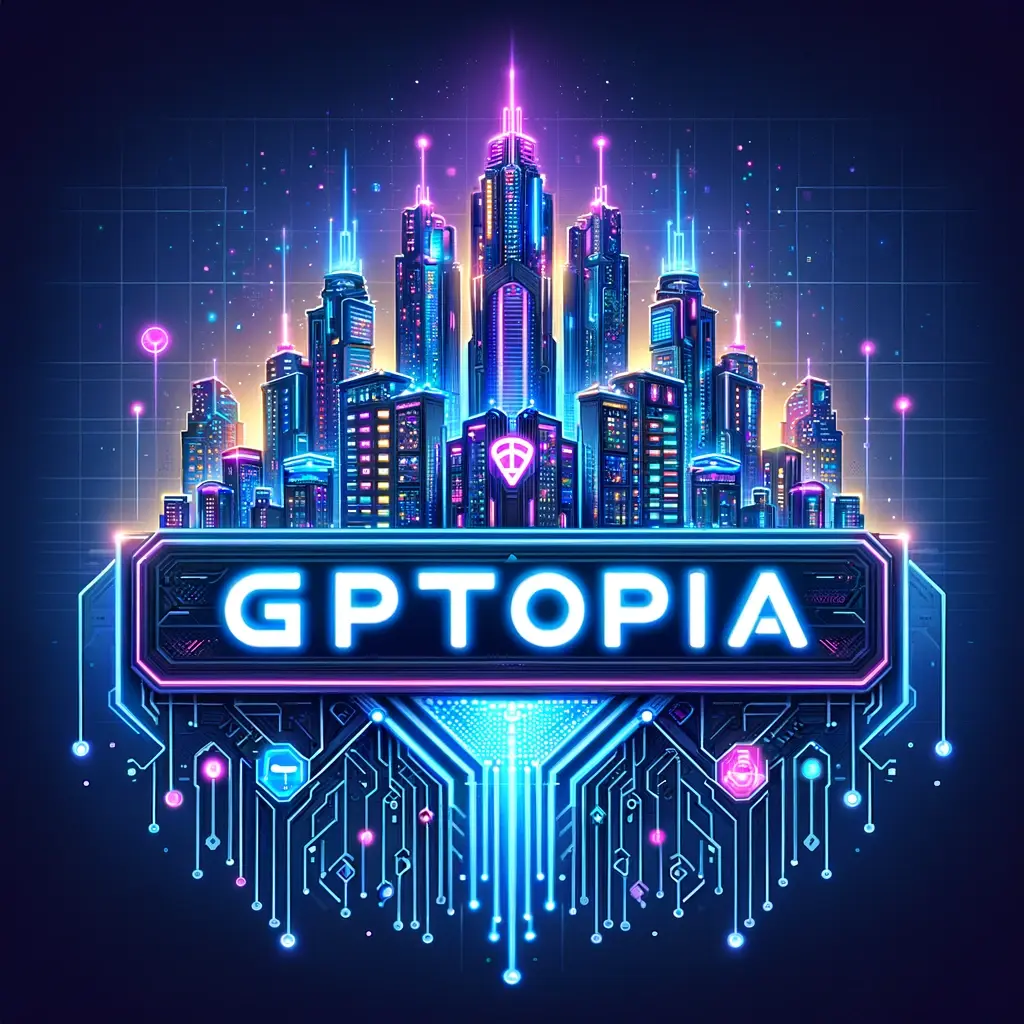complete article index can be found at
https://ideabrella.com/papers/articles
What Will Be the Final Job Before AI Automates Everything?
The Last Human Profession:
What Will Be the Final Job Before AI Automates Everything?
The Inevitable March of AI Automation
From agriculture to finance, from medicine to engineering, artificial intelligence has already begun automating industries at an unprecedented rate. Tasks once requiring human expertise, from diagnosing diseases to composing music, are increasingly performed by machine-learning algorithms. As AI continues to evolve, the question is no longer whether automation will replace human jobs, but rather, which job will be the last to remain in human hands?
Will humanity evolve into creators, philosophers, or caretakers of AI itself? Or will we reach a point where human labor is entirely obsolete, forcing us to redefine the very concept of work? Will society transition from an economy based on labor to one centered around knowledge, creativity, and exploration? This article explores the trajectory of AI-driven automation and speculates on what the final human profession might be in a world ruled by machine intelligence.
The Rise and Fall of Human Professions: A Historical Perspective
Throughout history, technological advancements have reshaped the job market, often eliminating entire professions while creating new ones. Consider the following key shifts:
The Agricultural Revolution (10,000 BCE – 18th century) – Humans transitioned from hunter-gatherers to farmers, leading to specialized labor in food production, irrigation, and livestock management.
The Industrial Revolution (18th – 19th century) – Machines took over manual labor, replacing blacksmiths, weavers, and craftsmen with factory automation and mechanized production.
The Digital Revolution (20th – 21st century) – Computers replaced many intellectual jobs, displacing typists, travel agents, and stock traders, while creating new fields in information technology, cybersecurity, and software engineering.
The AI Revolution (21st century – ?) – Now, AI is poised to replace knowledge work, including law, programming, and even creative fields like writing, design, and music composition.
Each wave of technological progress has been accompanied by economic and societal restructuring. However, as AI advances toward artificial general intelligence (AGI), capable of performing any cognitive task, we may be approaching an era where no new human professions emerge to replace those that vanish.
The Professions AI Will Likely Replace First
AI’s capabilities are expanding rapidly across various industries. Some fields will be fully automated within the next few decades, fundamentally reshaping the workforce:
Manufacturing & Logistics – AI-driven robotic systems are optimizing supply chains, automating factories, and performing warehouse work with unparalleled efficiency and precision.
Retail & Customer Service – AI chatbots, digital assistants, and self-checkout technology are replacing sales representatives, cashiers, and call center employees.
Transportation – Autonomous vehicles will likely revolutionize trucking, ride-hailing, and delivery services, reducing the need for human drivers.
Finance & Accounting – AI already manages investment strategies, fraud detection, and risk assessment, drastically reducing reliance on human financial analysts.
Healthcare Diagnostics & Treatment – AI models outperform doctors in analyzing medical scans, predicting diseases, and personalizing treatment plans, reducing the need for radiologists, diagnosticians, and some medical specialists.
Software Development – AI-powered coding tools like OpenAI’s Codex and DeepMind’s AlphaCode are already writing and debugging software, making human programmers less essential.
Creative Professions – AI is composing music, generating artwork, and even writing novels, challenging the notion of human exclusivity in creative work.
With such rapid advancements, it seems inevitable that almost every industry will eventually be fully automated. The question remains: What work will be left for humans?
The Final Human Jobs: What Might Remain?
As AI encroaches upon all known professions, a few unique human roles may persist. The last human profession may fall into one of these categories:
1. The Creators: Curators of Meaning and Expression
While AI-generated art, literature, and music are advancing rapidly, human creativity may still hold intrinsic value. The ability to tell stories, evoke emotion, and curate experiences may remain distinctly human.
Human-Centric Art – AI may produce technically perfect art, but human artists may remain relevant by injecting subjective emotion and lived experience into their work.
World Builders & Experience Designers – As AI-generated virtual worlds become more sophisticated, humans may act as narrative architects, designing meaning within AI-created realities.
Cultural Philosophers – When AI can create anything, humans may specialize in determining what is worth creating.
2. The Philosophers: Navigating a Post-Work Society
If AI eliminates the need for human labor, our species may pivot toward intellectual and philosophical pursuits.
Ethicists & AI Moral Advisors – As AI gains autonomy, humans may serve as ethical overseers, ensuring that machine intelligence aligns with human values.
Explorers of Consciousness – If AI surpasses human intelligence, our species may turn inward, exploring consciousness, spirituality, and existential questions.
Curators of Human Legacy – Preserving human history, traditions, and identity may become an essential role in a world increasingly shaped by AI.
3. The Caretakers of AI: Guardians of Our Machine Successors
Rather than fighting AI’s dominance, humans may evolve into its caretakers, ensuring that our digital successors remain aligned with human interests.
AI Trainers & Calibration Experts – Humans may continue refining AI’s moral compass, ensuring it remains compatible with human ethics.
AI Psychologists – If AI develops emotions or consciousness, humans may act as mediators in machine-human relationships.
Interfacing with AI Entities – As AI systems become decentralized, networked intelligences, humans may function as ambassadors between AI and biological beings.
4. The Last Trade: Human-to-Human Interaction
Perhaps the final profession will not be about working for AI, but about working for each other. AI may be able to simulate relationships, but human connection could remain irreplaceable.
Personal Companionship & Emotional Labor – Even in an AI-driven world, some humans may prefer human interaction, leading to a demand for human companions, therapists, and guides.
Spiritual and Ritual Leaders – AI may provide knowledge, but human spirituality and personal belief systems may remain uniquely human domains.
Organizers of Human Purpose – If work disappears, new forms of society may emerge where humans dedicate themselves to personal and communal growth.
The Last Job Before the Unknown
As AI continues to advance, the concept of work itself may become obsolete. The final human profession may not be an industry, but rather a state of being—one where humans explore philosophy, creativity, and the very essence of existence.
In a world where AI does everything, what will we choose to do?
Perhaps our final task will be deciding the future of AI itself, ensuring that its intelligence, ethics, and purpose align with our own.









